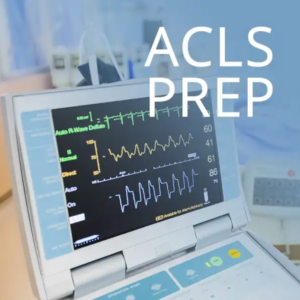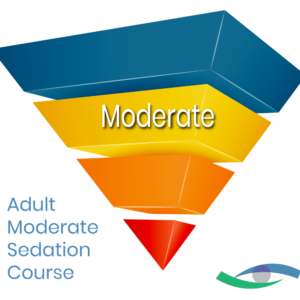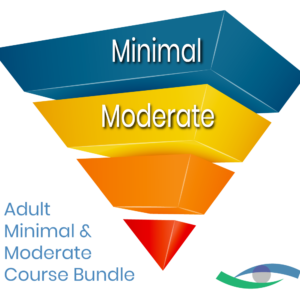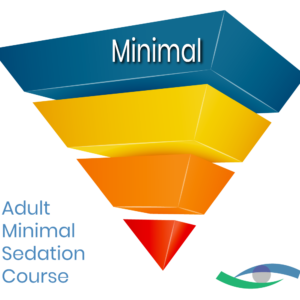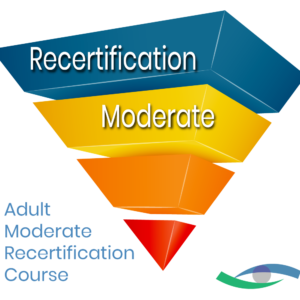Sedation plays a part in nearly all plastic surgery procedures, affecting patient comfort, procedural outcomes, and recovery times. Whether for a minor outpatient procedure or a more extensive surgery, sedation is the cornerstone of patient management. Learn about the different types of sedation plastic surgeons use and their appropriate applications. Then, consider why all plastic surgeons should earn sedation certification.
Levels of Sedation Used in Plastic Surgery
Three levels of sedation are commonly used in plastic surgery, with the appropriate choice depending on the procedure’s complexity and the patient’s needs. These include:
- Minimal sedation (anxiolysis): This is the lightest form of sedation, where the patient remains awake but relaxed. It is commonly used for simple procedures like Botox injections, dermal fillers, or lip augmentation.
- Moderate sedation (conscious sedation): Patients are more deeply relaxed and may fall asleep but can be easily awakened. This level of sedation is suitable for procedures such as liposuction, breast augmentation, or rhinoplasty.
- Deep sedation: This involves a deeper level of unconsciousness, though patients still respond to repeated or painful stimuli. It is often used for more invasive procedures like facelifts, fat grafting, or tummy tucks.
Benefits of Sedation Certification
Each level of sedation requires corresponding skills and knowledge to administer safely. Having sedation certification enhances a plastic surgeon’s ability to manage these situations effectively. Here are the benefits of this specialized education.
Enhanced Patient Safety, Comfort, and Confidence
Nothing is more important than patient safety, and sedation certification is crucial for achieving this. Sedation courses grant plastic surgeons a comprehensive knowledge of sedation techniques, including the proper selection and administration of sedatives, monitoring of patient vital signs, and managing potential complications.
Sedation is not a static process; it involves a continuum where the depth of sedation can fluctuate based on the patient’s response to the medication or their physiological state. Sedation-certified surgeons are trained to appropriately assess a patient’s changing condition and respond promptly if they begin transitioning to a deeper level of sedation than intended.
Immediate corrective action is necessary to avoid complications, including respiratory depression, hypotension, and, in rare cases, an adverse reaction leading to cardiac arrest. With proper training, surgeons are better equipped to handle sedation emergencies. Patients who know their surgeon has undergone rigorous training are more trusting and confident, which is essential for patient satisfaction and successful surgical outcomes.
Adult Sedation Courses from The National Sedation Center, Inc.
If you’re a provider exploring options for sedation certification, consider The National Sedation Center, Inc. We offer adult sedation courses designed to equip healthcare providers with the necessary skills to administer minimal and moderate sedation safely and effectively for procedures where an anesthesia provider is not necessary.
Our courses are uniquely structured to address the specific needs of plastic surgeons. Unlike other certification programs that offer a more generalized approach, our programs focus on the precise skills needed to manage sedation in outpatient and clinical settings. This includes training in airway management, vital sign monitoring, and responding to adverse sedation events—crucial skills for plastic surgeons who often operate outside the traditional hospital environment.
The National Sedation Center recognizes the importance of hands-on learning, particularly in mastering critical skills like airway management. That’s why we emphasize in-person, instructor-led training rather than providing purely online training. Our courses include practical sessions with experienced instructors to ensure participants not only understand the theoretical aspects of sedation but can also apply these skills in real-world scenarios.
We also stand out for our commitment to accountability. Participants are not just taught the material—they are held to a high standard to ensure they have truly mastered the skills needed for safe sedation. This rigorous approach ensures that providers who complete the NSC program are fully prepared to manage sedation in any clinical situation.
Once certified through the NSC, healthcare providers are added to the National Registry or the Primary Source Verification database. This listing validates providers’ credentials and enhances their professional reputation, making them more visible and credible to employers and patients.
Earn Your Sedation Certification
To begin a top-tier certification course tailored to your needs as a plastic surgeon, please reach out to The National Sedation Center. Our focus on hands-on training, accountability, and comprehensive skills development equips you to provide the highest standard of care. Contact us today to take the next step in advancing your surgical career.


